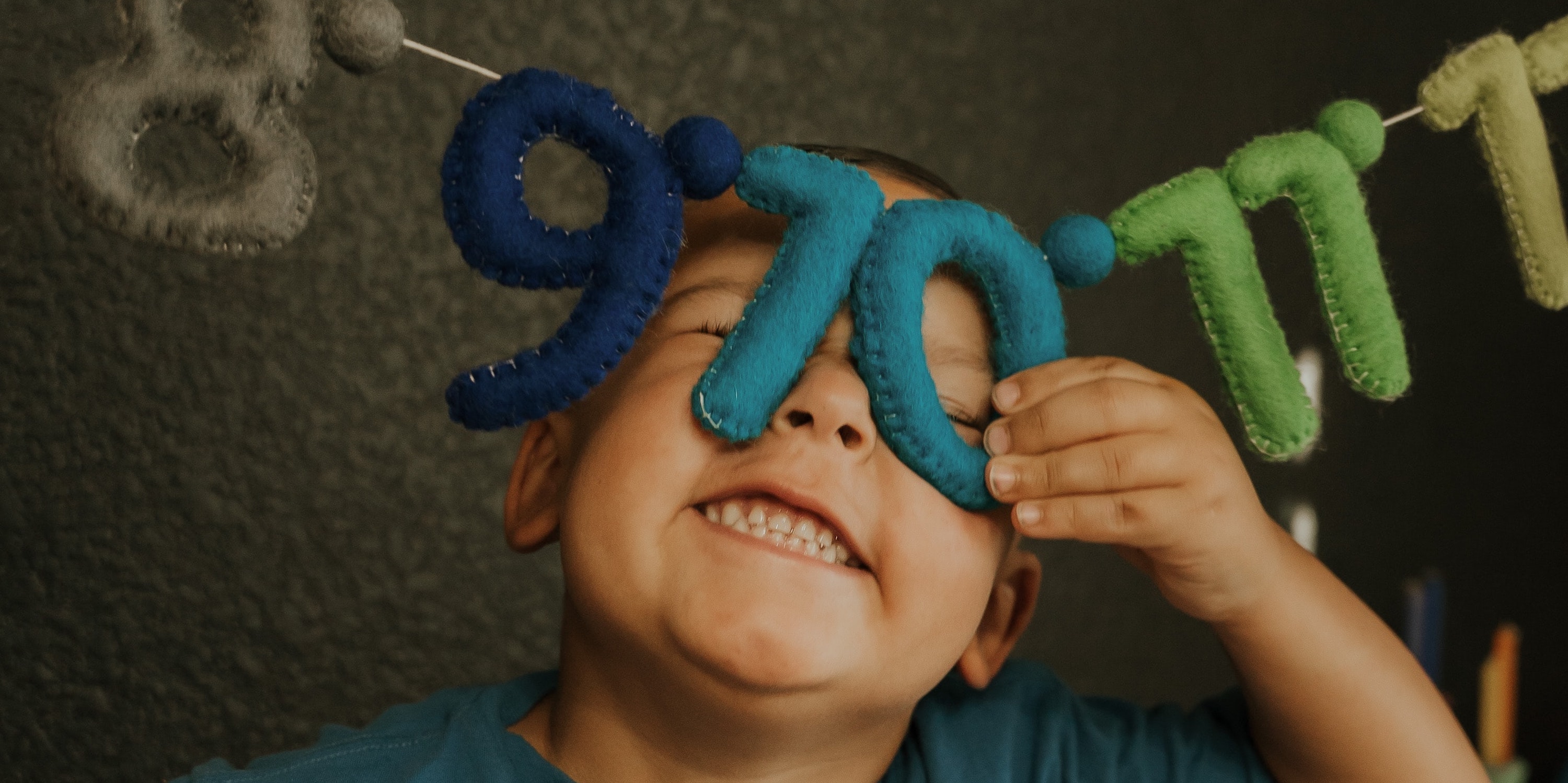
“Eighteen, 19, 20!” I shouted as I raced my older brother to the top of the stairs. “First!” I took great pride in pushing past and beating him to the last step, even if he had moved over to let me win. I had no idea I was counting and learning numbers at the age of 4.
Math was fun!
As I grew older, I developed a negative math mindset. I was able to read word problems in first grade, but was unable to solve them. My teachers told me I was an excellent reader, but I was not good at math.
These comments continued through algebra and geometry. These first experiences were powerful; I continued avoiding math throughout college and as a new teacher, choosing to focus on reading and writing.
Then, six of the boys on the eighth grade boys’ basketball team I coached were about to get kicked off the team because of their math grades. I volunteered to tutor them!
After a bit of panic, I realized that I had to gain the boys’ interest and help them overcome the belief that they could not do math. These were bright, ambitious students who came from an underserved community that often battled with gang violence as an ever-present threat to their academic success.
Each of the boys could calculate a baseball player’s batting average. As soon as they realized that was math, their interest and confidence grew. They developed a “math mindset,” gaining confidence as they began to understand that they successfully solved math problems every day.
My confidence grew, too. I went from being a teacher who was afraid to teach math to one who embraced it.
I learned that it’s never too late to develop a math mindset. Seeing my basketball players struggle in math reinforced my understanding of the importance of building these skills early in life. This math attitude gives children the confidence and ability to learn deeper math skills as they progress in their education.
A once timid student, I now serve as a senior advisor at Noggin, an interactive learning platform, working to provide parents, educators and children with high-quality educational content that is research-based, standards-aligned, and enriching for the whole child.
One of our learning goals is to help children develop a math mindset early in life. We know that when children apply this mindset to solve problems, they find success in math in their later academic years.
Our research shows that combining interactive digital and real-life play brings math to life. Playful learning through games and activities helps children get excited about math. And educators can apply these same strategies to engage their students in math.
Do you know just how much time it takes to get ready and to work on time? Can you estimate how much food is needed for class snack time? Do you know how to optimize space on a desk? These are math skills we use every day. Answering “yes” to any of these questions means you have developed a math mindset.
Here are some more everyday math mindset routines that elementary educators can engage in:
These are daily opportunities that many educators can embrace. Singing simple tunes, practicing counting, using words like between and above, or finding more or the same number of rocks. It just takes an intentional math mindset.
It is up to educators and the education community to show students the fun and relevance of math in their lives and to embrace a math mindset regardless of their backgrounds. Even if something is a challenge, they will learn new math skills and succeed if students keep trying.
So, find shapes in the clouds above, practice spatial relations as they build with blocks, discuss patterns as they dance. Have fun and embrace math!
Sabrina Silverstein has been a professional in the early childhood education field for over 25 years, spending 16 years as a pre-k teacher in the Chicago Public Schools. Sabrina currently serves as a Senior Learning & Impact Advisor at Noggin where she provides a deep understanding of how young children develop and learn, collaborating with others to build content that is developmentally appropriate and fun.
The fight for educational equity has never been just about schools. The real North Star for this work is providing opportunities for each child to thrive into adulthood. This means that our advocacy...
Your donation will support the work we do at brightbeam to shine a light on the voices who challenge decision makers to provide the learning opportunities all children need to thrive.
Ed Post is the flagship website platform of brightbeam, a 501(c3) network of education activists and influencers demanding a better education and a brighter future for every child.
© 2020–2024 brightbeam. All rights reserved.